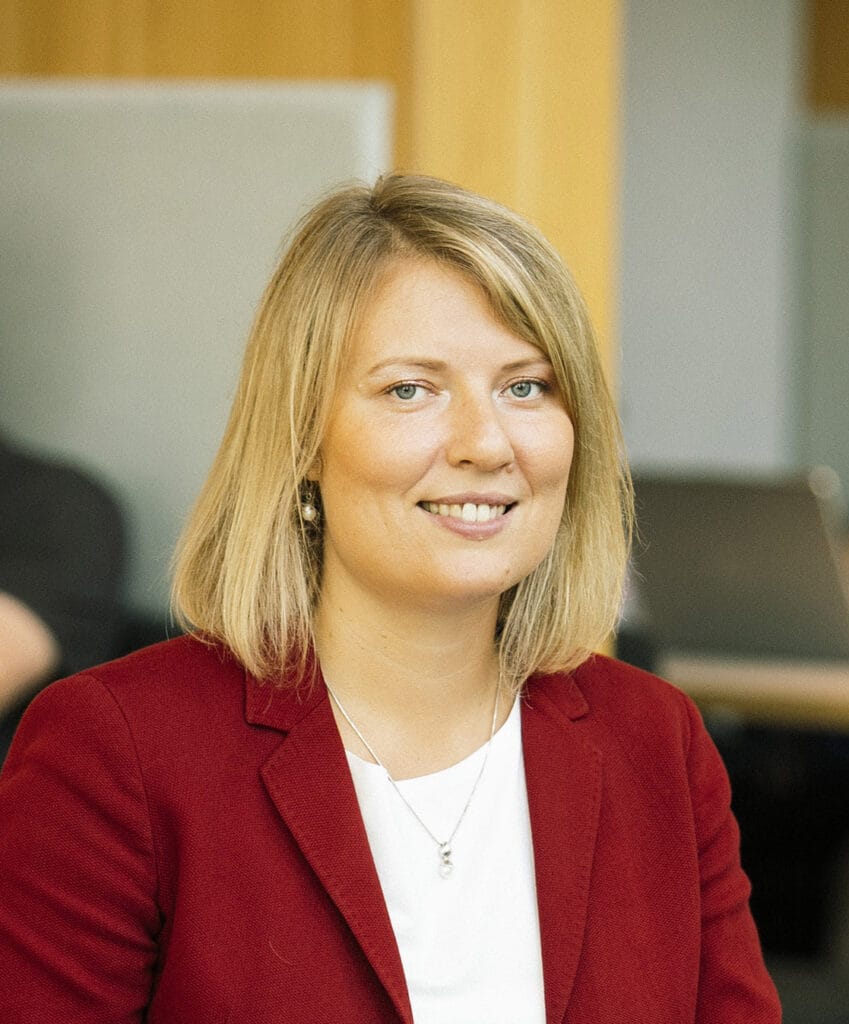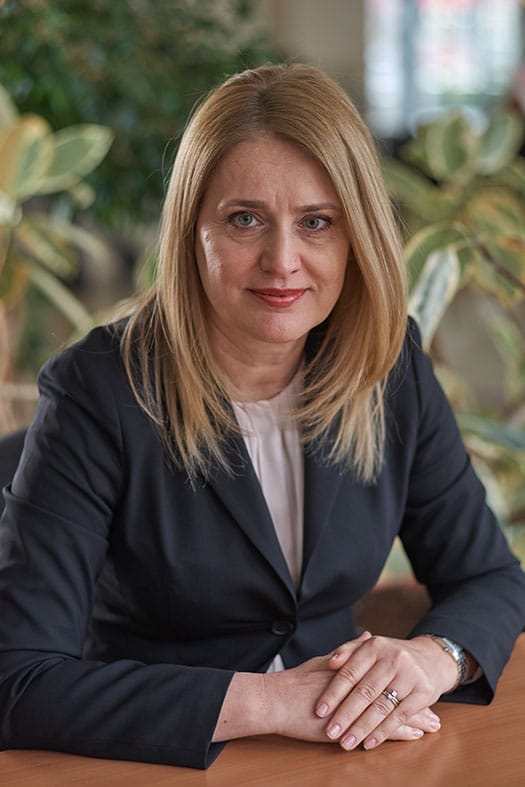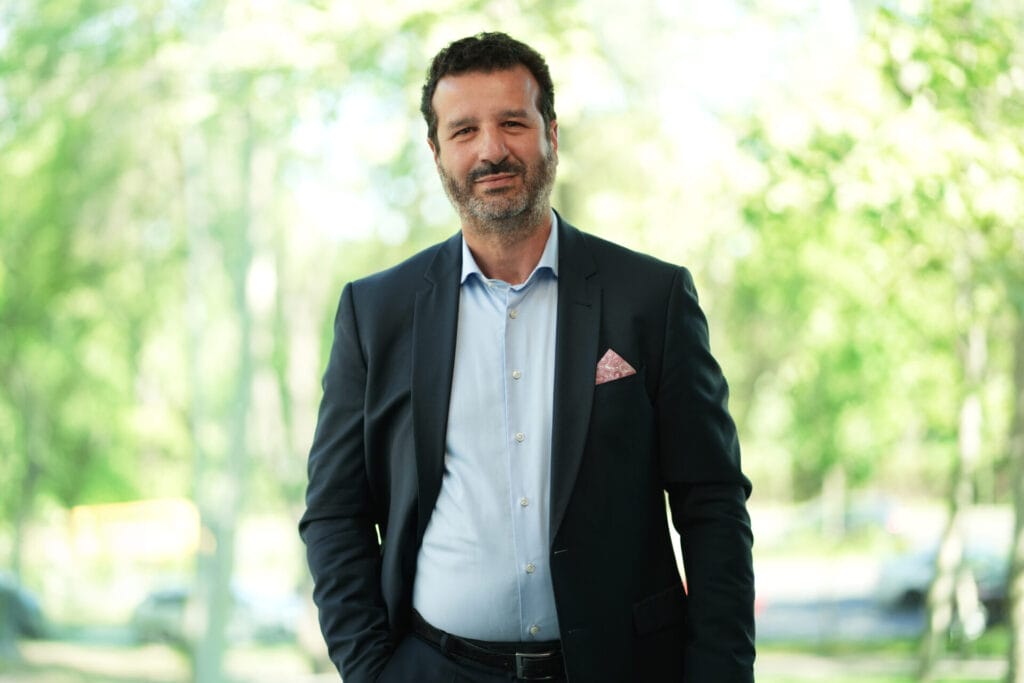In a region where waste management is still largely linear and dominated by landfilling, the transition to the EU’s circular economy vision requires overcoming entrenched practices and systemic barriers. In this context, Romania’s Deposit Return System (DRS) is a key example of how countries can begin shifting toward a circular economy and more sustainable resource use.
Through RetuRO, the administrator of the system in Romania, the country has built one of the most ambitious deposit return systems in Europe and the only one fully integrated globally. Unlike countries where responsibility is fragmented across multiple operators or limited to certain materials, Romania’s system covers all key materials – plastic, glass, and aluminum – under a single administrator. Designed to operate nationwide from the outset, the system is supported by a unified IT, logistics, and financial infrastructure that connects producers, retailers and consumers.
Romania’s DRS combines scale, technological infrastructure, and multi-stakeholder coordination, demonstrating that even when the premises seem daunting and challenges appear to outweigh the opportunities, highly complex sustainability initiatives can become success models.
Building the Largest Fully Integrated Deposit-Return System – Speed, Scale, and Impact
Romania’s DRS was launched nationwide in November 2023, just a little over one year after the Government appointed RetuRO, a not-for-profit private entity formed by beverage producers, retailers, and the Ministry of Environment, as the sole administrator.
Unlike other systems, which dedicated the first year to planning, the second to development, and the third to launch and implementation, RetuRO had to complete all three phases in just over one year.
Being the 8th largest country in the EU in terms of surface and with a population around the 19 million mark, Romania presented additional challenges, mainly because of the specific large geography and demographics, with a large part of the population (approx. 45%) living in rural areas.
Implementing the system required building a national logistics and processing infrastructure from scratch, while also establishing the frameworks necessary to ensure seamless operation across all stakeholders – from producers and retailers to consumers and recycling operators.
The results show that, in less than 2 years, Romania has collected around 7 billion containers with average monthly return rates steady at 80% from the second half of 2024, which means that every month 8 out of 10 containers placed on the market have been returned to be recycled.
Drivers of Success
The success of Romania’s DRS can be attributed to several critical factors, among which active stakeholder participation and strong consumer engagement
Its implementation has demonstrated both determination and resilience. Although the early stages inevitably brought challenges, the system quickly stabilized as infrastructure expanded and operational processes were streamlined. Consistent nationwide information campaigns played a decisive role in shaping consumer understanding, fostering high participation rates, and building public confidence in the system.
Producers played a central role by financing the system during its crucial initial phase and remain committed to its long-term sustainability. Retailers, particularly large chains, prepared early for implementation, while small and medium-sized retailers progressively aligned as operational and commercial benefits became clear.
This strong alignment established a solid foundation for the system’s success and positioned Romania as a benchmark for sustainability best practices in Europe.















